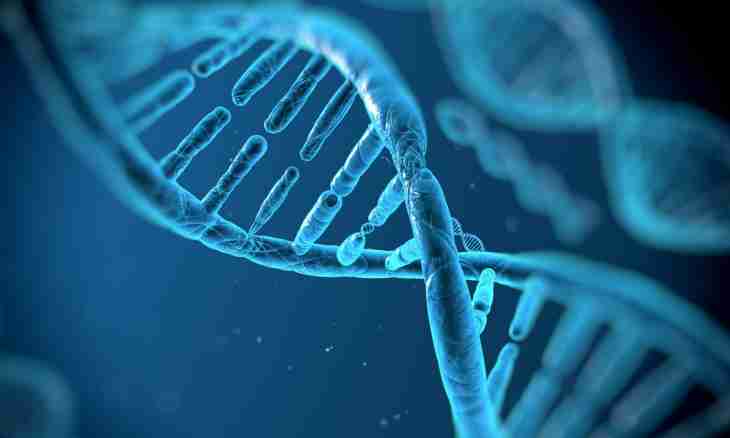The name - "biology" - came from combination of the Greek words bios and logos that means "the doctrine about life". The term was offered in 1802 by the French journalist Lamarck and German the scientist Treviranus.
Biology research object
As well as any other science, biology has the object of a research which is its distinctive feature – she investigates the living systems both which are existing on Earth now, and died out during other geological eras. By definition of scientists, all living systems on Earth are characterized by metabolism existence, ability to self-regulation and self-reproduction. The biology is the whole complex of several more highly specialized sciences which object of study is Earth wildlife from plants to the person, in all variety of its forms and manifestations.
Depending on a study subject, the biology is subdivided into certain areas. For example, the botanist is studied by the building and properties of plants, zoology – science about animals, the anatomy investigates the internal structure of an organism, embryology – pre-natal development of an animal or the person from the moment of conception till the birth, and the general biology – regularities of the organization and development of living systems in general, etc.
Today a huge number of animal species, plants, mushrooms and microorganisms is revealed, described and systematized. However, this process is far from over. Scientists constantly open all new types of living organisms. Some more highly specialized branches of biology – physiology, parasitology, immunology, microbiology – are connected with medicine and health care and make their scientific base.
Methods of scientific knowledge
As well as any science, biology uses certain methods of researches. There are several main universal methods of knowledge which are applied in all sciences: - observation - the method promoting collection of information by means of devices or visually; - an experiment – the method giving the chance to check observation and the arisen assumptions by means of experiments; - modeling – a method at which the model behaving as a research object is created. Also formulation and a solution, promotion of a hypothesis and emergence of the theory belongs to universal methods. A problem – the task leading to obtaining new scientific knowledge and demanding data collection, their systematization and the analysis. A hypothesis - the assumption checked experimentally. The critical analysis of the hypotheses arising in the course of studying the received facts and establishment of relationships of cause and effect of events and the phenomena allows to formulate laws. According to definition, the theory – is generalization of basic provisions of the scientific knowledge relating to a certain area. Receiving the new facts can contribute to the development or a denial of the theory. Various sciences use also private methods of knowledge, for example, biochemical, allowing to reveal the phenomena occurring in a human body in terms of chemistry, or paleontologic, revealing relationship between the fossil organisms living during different geological eras. Some of universal and private methods are used also by biology.

